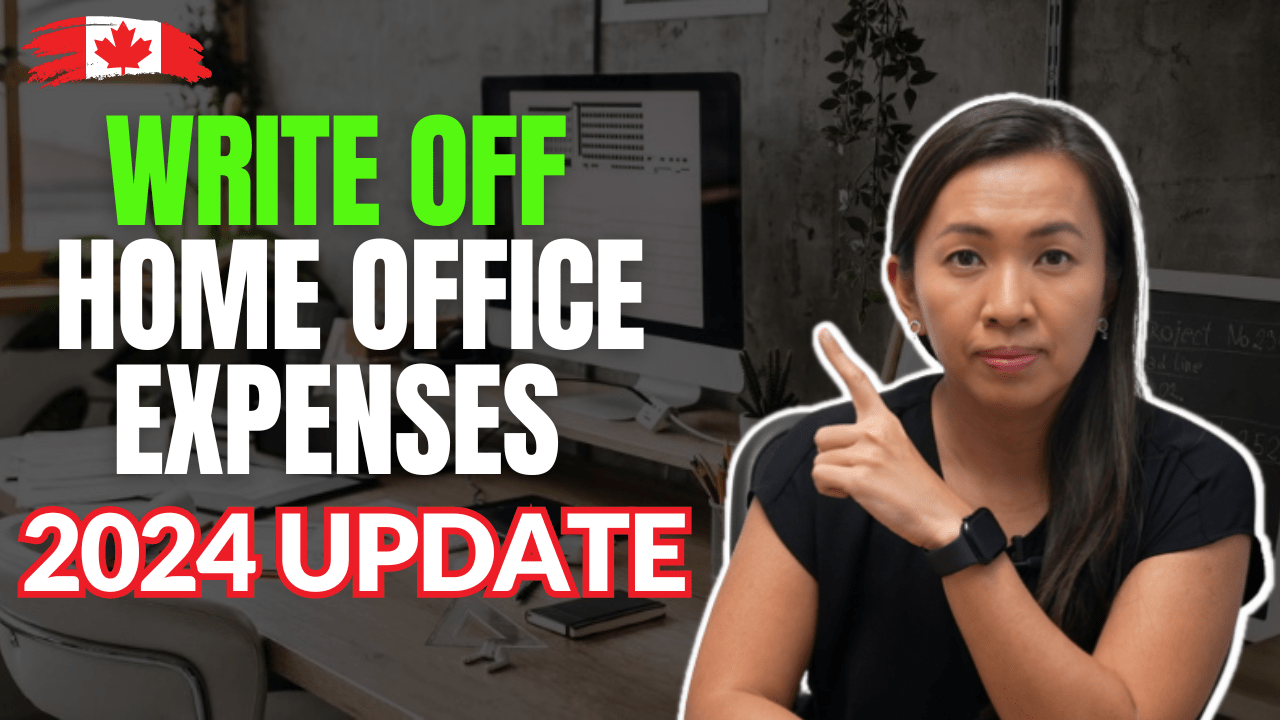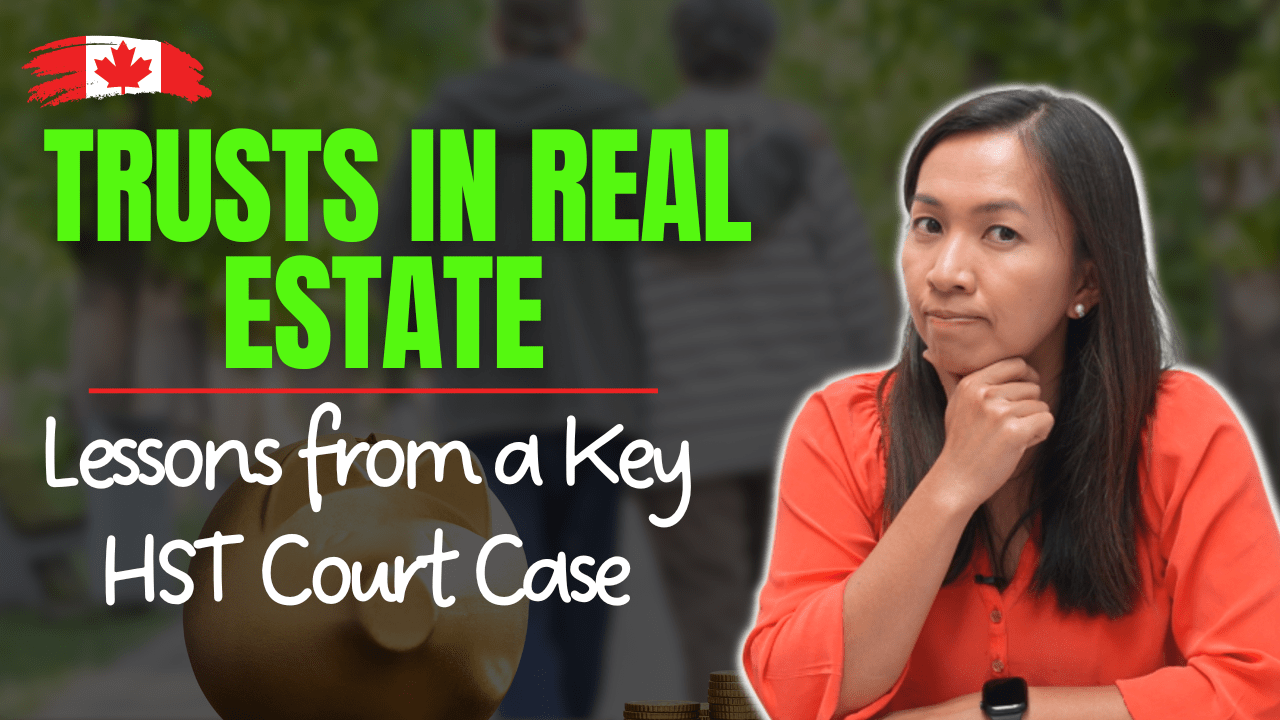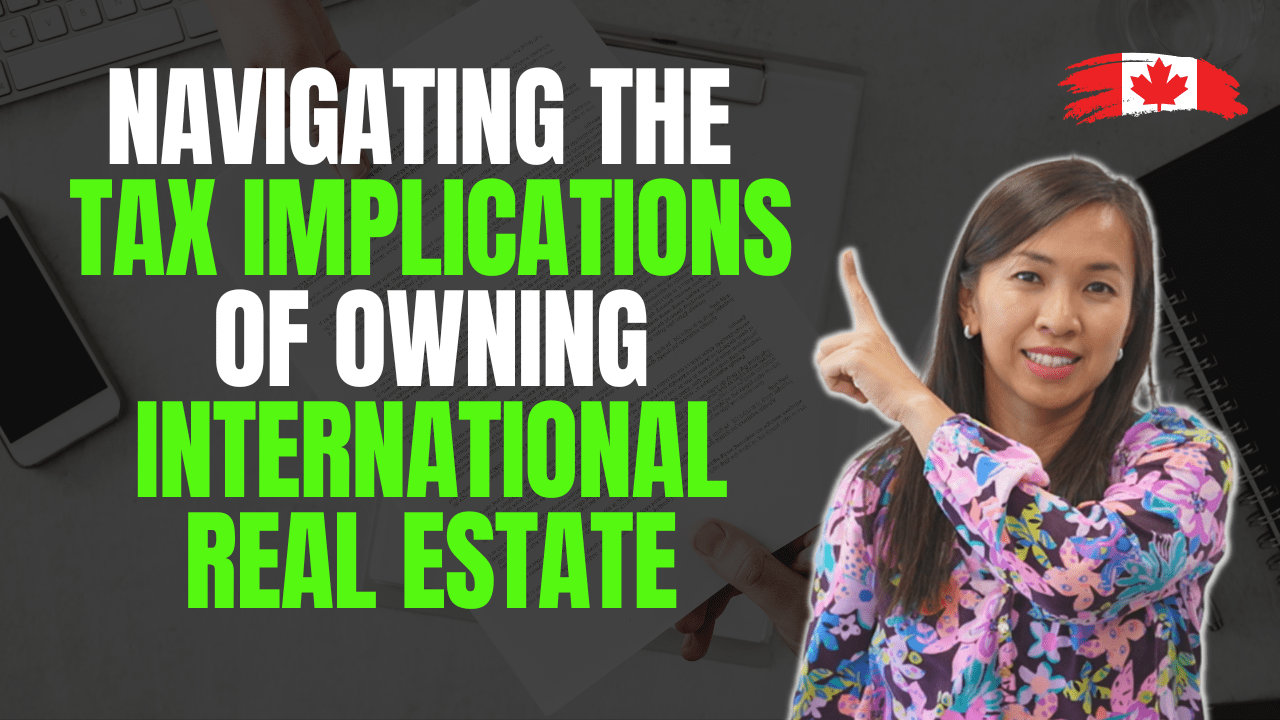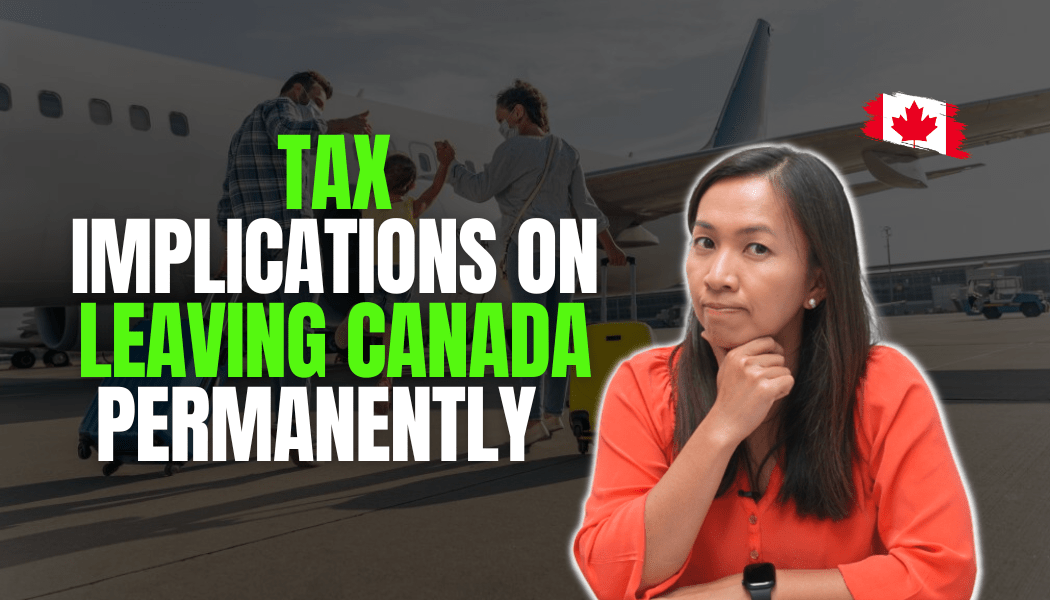 This post is really important.
This post is really important.
It’s basically the whole reason why I started this blog.
You see, I’ve been doing accounting work for many years now, and have spent quite a bit of time involved with real estate as well. One thing I’ve noticed over the years is the amount of confusion people have when it comes to rent to own real estate investing and taxation.
So I’m going to clear it all up for you by breaking the information down into 2 parts that’s easy to understand.
Let’s get started!
As I mentioned in my last post, there are 3 streams of income an investor can acquire when investing in real estate. And how you would report those incomes depends on the landlord’s personal circumstances.
Firstly, we must determine if the landlord is operating this rent-to-own as an investment or as a business.
If the rent-to-own transaction is considered as a business, the 3 streams of income are all required to be reported as income.
The Canada Revenue Agency (CRA) uses the following factors to determine whether the rent-to-own transaction is capital in nature (an investment) or a business.
- Is the rent to own transaction similar to the landlord’s normal course of business?
- If the landlord is a full-time landlord that does not have any other employment income, the rent-to-own transaction is more likely to be treated as the landlord’s normal course of business.
- On the other hand, if the landlord has a full-time job, it is more difficult to CRA to argue that the rent-to-own is similar to the landlord’s normal course of business. *Be cautioned that one single factor cannot be relied upon to conclude that the rent-to-own transaction is not considered as a business.
- How frequently does the landlord invest in rent-to-own deals?
- The more rent-to-own deals the landlord has, the more likely that CRA considers it as business.
- Is this rent-to-own transaction an adventure or concern in the nature of trade?
- An adventure or concern in the nature of trade is something a landlord habitually does that is capable of producing a profit, irrespective of the landlord’s own occupation.
- There are 3 factors that the CRA will consider the rent-to-own transaction as an adventure or concern in the nature of trade:
- Whether the landlord dealt with the property acquired by him in the same way as a dealer in such property?
- We need to compare the landlord’s conduct with that of what a dealer’s conduct would be for the rent-to-own deals. The following factors are usually considered to determine whether the landlord’s conduct consistent with a dealer’s conduct:
- If there is evidence of effort, such as advertising, were soon made to find or attract purchasers or that a sale took place within a short period of time, it is more likely CRA considers the landlord as a dealer.
- The more renovation or extra steps that the landlord does to increase the marketability of the rent-to-own property, the more likely CRA considers him as a dealer.
- If the landlord is a real estate agent or mortgage agent that has a commercial background in a similar business, the more likely CRA considers him as a dealer.
- We need to compare the landlord’s conduct with that of what a dealer’s conduct would be for the rent-to-own deals. The following factors are usually considered to determine whether the landlord’s conduct consistent with a dealer’s conduct:
- Whether the nature and quantity of the property excludes the possibility of generating income from the property other than selling it.
- In the rent-to-own situation, the nature of the property allows the landlord to rent it out to the tenants and hence supporting the transaction as capital in nature (an investment).
- Whether the landlord’s intention is consistent with other evidence pointing to a trading motivation
- The landlord’s intention to sell the property at a profit alone cannot be used by itself to determine whether he was involved in the adventure or concern in the nature of trade. If one of the other above factors clearly shows that the landlord is engaged in the adventure or concern in the nature of trade, his intention can be viewed as corroborative evidence.
- The investor’s intention can change over the period of time and can have more than one intention. If the investor’s intention is to hold the rent-to-own investment as an investment (capital in nature), CRA also looks at the secondary intention if the investor is unable to fulfill the first intention.
- Whether the landlord dealt with the property acquired by him in the same way as a dealer in such property?
I know some of that “legal talk” can be confusing but you should now be able to tell if your rent-to-own transaction will be considered as an investment or as a business.
Like I mention above, if it is considered business in nature, the investor is required to report the downpayment as income the year he receives it. He is also required to report the rent, and the rent credit, as income the years he receives those.
Ultimately, he is also required to report the sale of the property, if the tenant chooses to exercise the option, as income the year the option agreement ends.
However, if you feel like this is too much to handle for you, or to even comprehend, you could take the help of professionals from firms like Imperial Blue Finance, who could brief you on the do’s and don’ts of your investment.
For part 2 of this blog post I will discuss how to report your rent-to-own transaction to the CRA when is an investment, instead of the business. Be sure to check back next week for that post. We may also touch upon the benefits of custom home building, and whether additional profit can be made there.
Lastly, If you are not sure whether your rent-to-own investment is considered a business or capital in nature, I can help you to go through your circumstances and make an informed decision. Just head over to my contact page and send me a message and I’ll get back to you.





Everything You Need To Know About Rent-to-Own Real Estate Taxation (Part 2)
[…] my last post, I discussed what factors were involved in determining whether or not an RTO (rent-to-own) […]